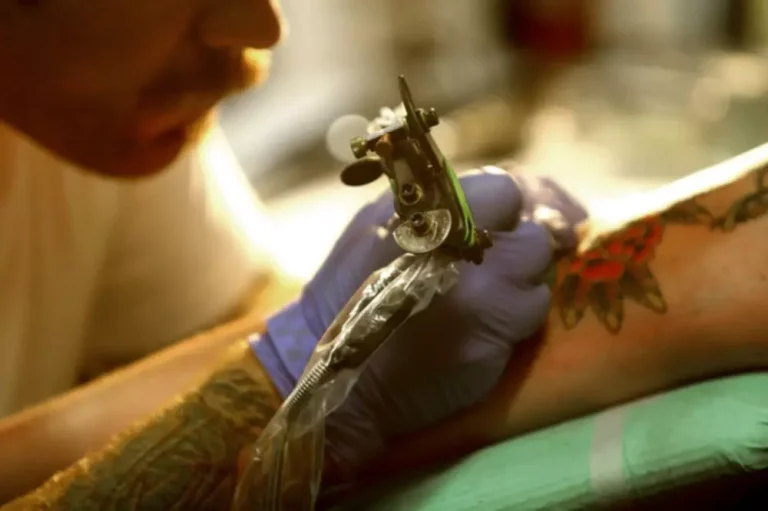While under the effects of alcohol they may fall and hit their head, or receive blows to the head in fights or as victims of violence. A lot of the brain damage that is caused by alcohol happens because it prevents the body from getting enough thiamine (vitamin B1). An increasing number of cohort studies from different countries continue to be published. The results are heterogeneous concerning light to moderate consumption, while there is a consensus regarding high consumption and elevated dementia risk (see Table 2).
Coping With Alcohol-Related Dementia
- It is well established that excessive and prolonged alcohol use can lead to permanent damage to the structure and function of the brain 1.
- Alcohol-related brain injury (ARBI) is damage to the brain caused by consuming alcohol at risky levels for many years.
- People with early-stage dementia may also find it more difficult to make complex decisions and express themselves.
- While the two conditions share some similarities, they have different causes.
- Increasing evidence suggests that the WKS encompasses a spectrum of pathological, neurological, and cognitive impairments resulting from thiamine deficiency 4.
- You don’t have to go through this alone—seeking help from healthcare providers, as well as support groups, can help you as you learn how to manage your alcohol use and how to cope with the effects of alcoholic dementia.
While waiting for the scan result, some doctors may prescribe a vitamin B1 supplement to help reduce disease progression. While a selection of studies is discussed below, Table 2 gives an overview of all published studies in compliance with our inclusion criteria. A doctor may consider other causes of the symptoms if the person does not show any signs of improvement.
Health Conditions
- The symptoms of alcohol-related dementia and age-related dementia are fairly similar.
- JR wrote a first draft of the paper, and all authors participated in revising the draft to its current form and approved the final version.
- It can affect several areas of the brain, but it most commonly affects the mammillary bodies found on the hypothalamus.
- If a person with ARBD stops drinking alcohol and receives good support, they may be able to make a partial or even full recovery.
Once acute symptoms come under control, a doctor may further examine the person for signs of Korsakoff syndrome. They may also find it very difficult to stay motivated if they do stop drinking, because losing motivation is a symptom of dementia. The doctor will also do a full physical examination and take a detailed history of the person’s symptoms and how they are affecting their life. They should also take an account from someone who knows the person well, as this can help if the person has gaps in their memory. The doctor may also ask about problems with mood, such as anxiety or depression. Read our advice on supporting a person with dementia who has depression, anxiety or apathy.
Getting an Alcoholic Dementia Diagnosis
In contrast to other common causes of dementia, the decline in cognitive functioning in ARD can alcohol cause dementia is relatively non-progressive if abstinence is maintained, or even partially reversible, as supported by neuroimaging evidence. Given the increase in per capita consumption, it is expected a disproportionate increase in ARD. There is a J-shaped relationship between alcohol use and cognitive impairment and evidence shows that one-quarter of the dementia population have alcohol related problems. It is estimated that alcohol-related dementia (ARD) contributes for about 10% of all cases of dementia, especially early-onset dementia, but is largely overlooked or seen as a comorbid factor.
Alcoholic Dementia vs. Wernicke-Korsakoff Syndrome
Most people who regularly consume alcohol at risky levels over time don’t develop ARBI. Alcohol-related brain injury (ARBI) is damage to the brain caused by consuming alcohol at risky levels for many years. The observational epidemiological studies underlying the reviews listed in Table 1 were limited because the majority of the studies were restricted to older populations (that is, late adulthood). The one clear way to prevent or treat alcohol-related dementia is to stop drinking as soon as possible. By removing the causative factor, the progression of alcohol-related dementia can be stopped.





